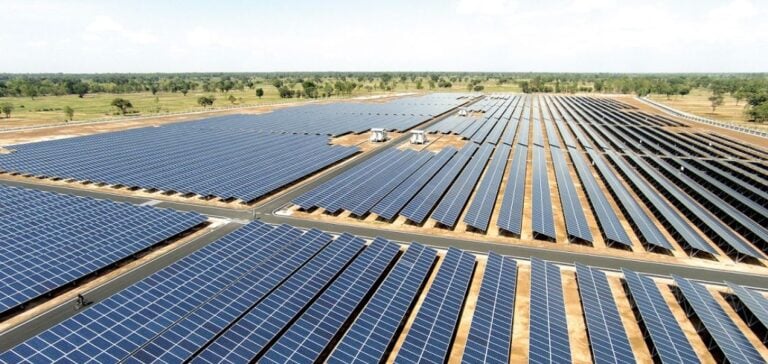The French company Neoen, a specialist in renewable energy, has announced a downward revision of its 2024 adjusted EBITDA forecast. This decision follows the postponement of the sale of a portfolio of assets and projects located in the state of Victoria, Australia, now scheduled for 2025.
In a statement released on Tuesday, Neoen indicated that its adjusted EBITDA for 2024 is expected to range between 475 and 490 million euros, compared to an initial estimate of 530 to 560 million euros. Nevertheless, the company clarified that this adjustment does not impact its growth trajectory, as a double-digit increase is still anticipated for its activities excluding the contribution of the divested assets.
Impact on the transaction with Brookfield
The company also reassured stakeholders regarding the progress of its ongoing transaction with the Canadian asset manager Brookfield. Brookfield is in the process of acquiring Neoen through a public takeover offer, which is expected to be completed in the first quarter of 2025.
The sale of the Australian assets is part of the commitments made by Brookfield to secure approval from the Australian competition authority. According to Neoen, this delay does not alter the terms of the deal.
Outlook for 2025
Despite this adjustment for 2024, Neoen reaffirms its ambition to achieve an adjusted EBITDA exceeding 700 million euros in 2025. The company also plans to increase its operational or under-construction capacity to 10 gigawatts (GW) during the year, further solidifying its leadership position in the renewable energy sector.
This strategic realignment, although modifying short-term forecasts, highlights the importance of Australia in Neoen’s global strategy. The country remains a key market for the company, which is developing large-scale projects there to support the global energy transition.






















